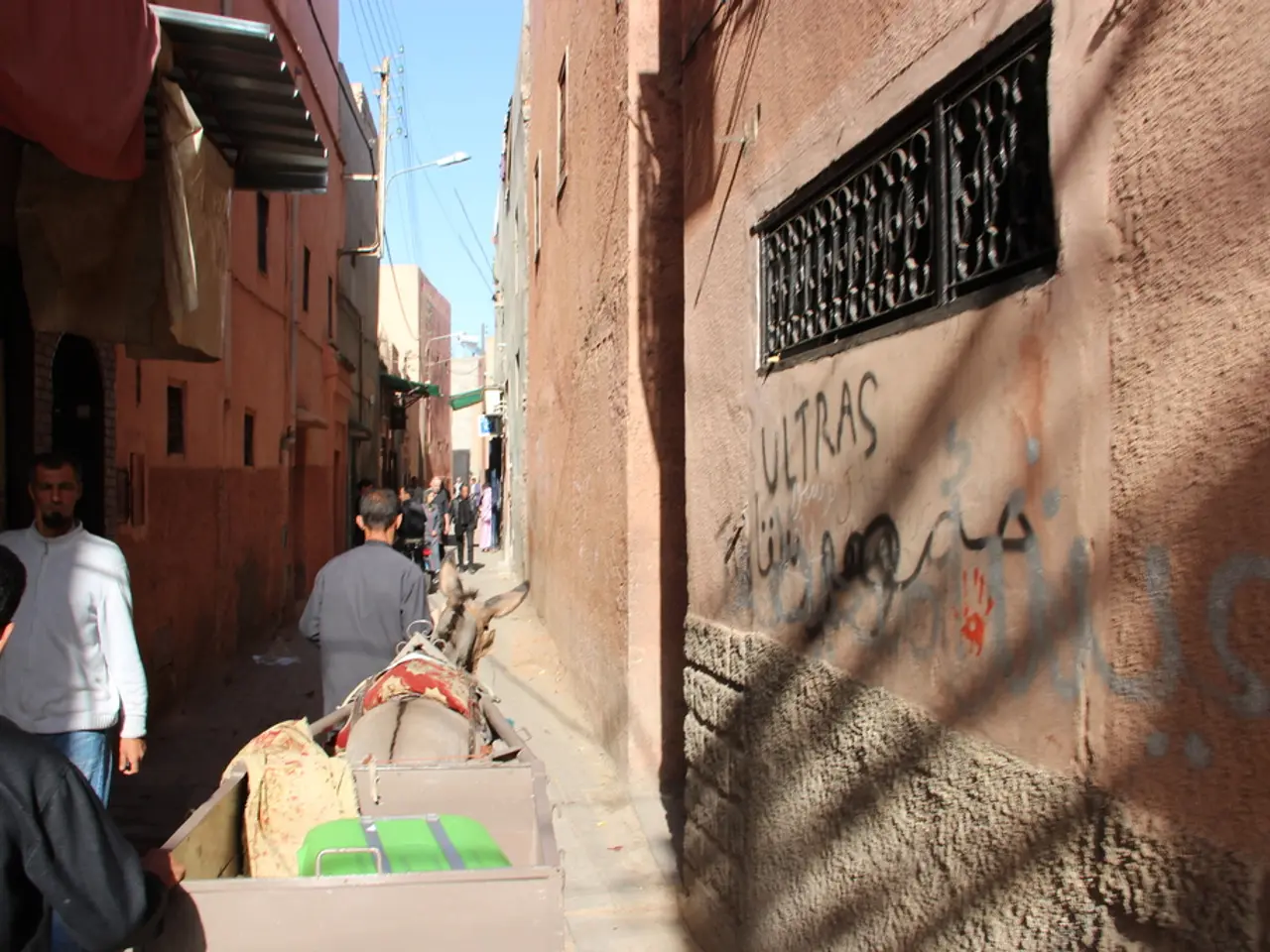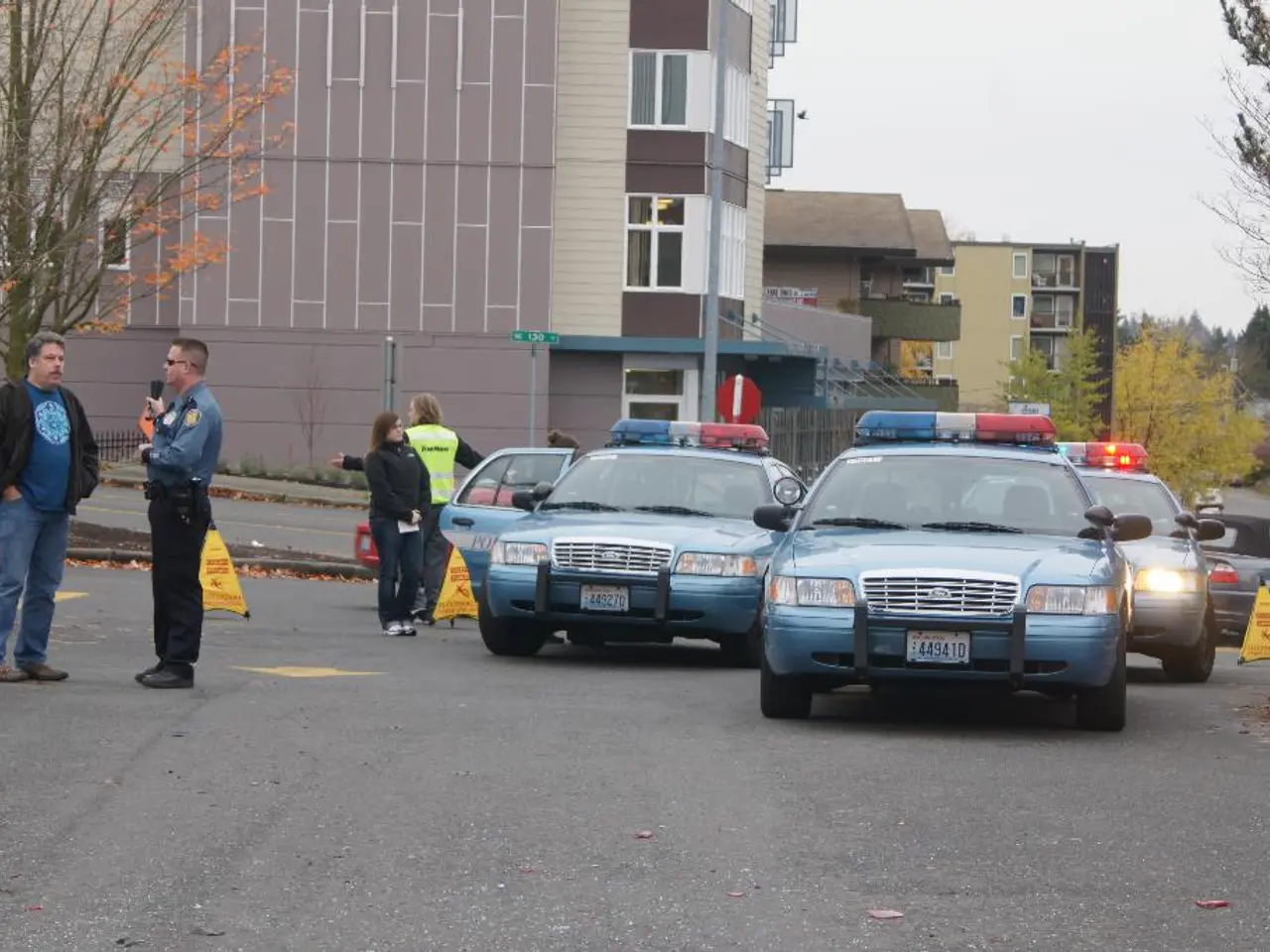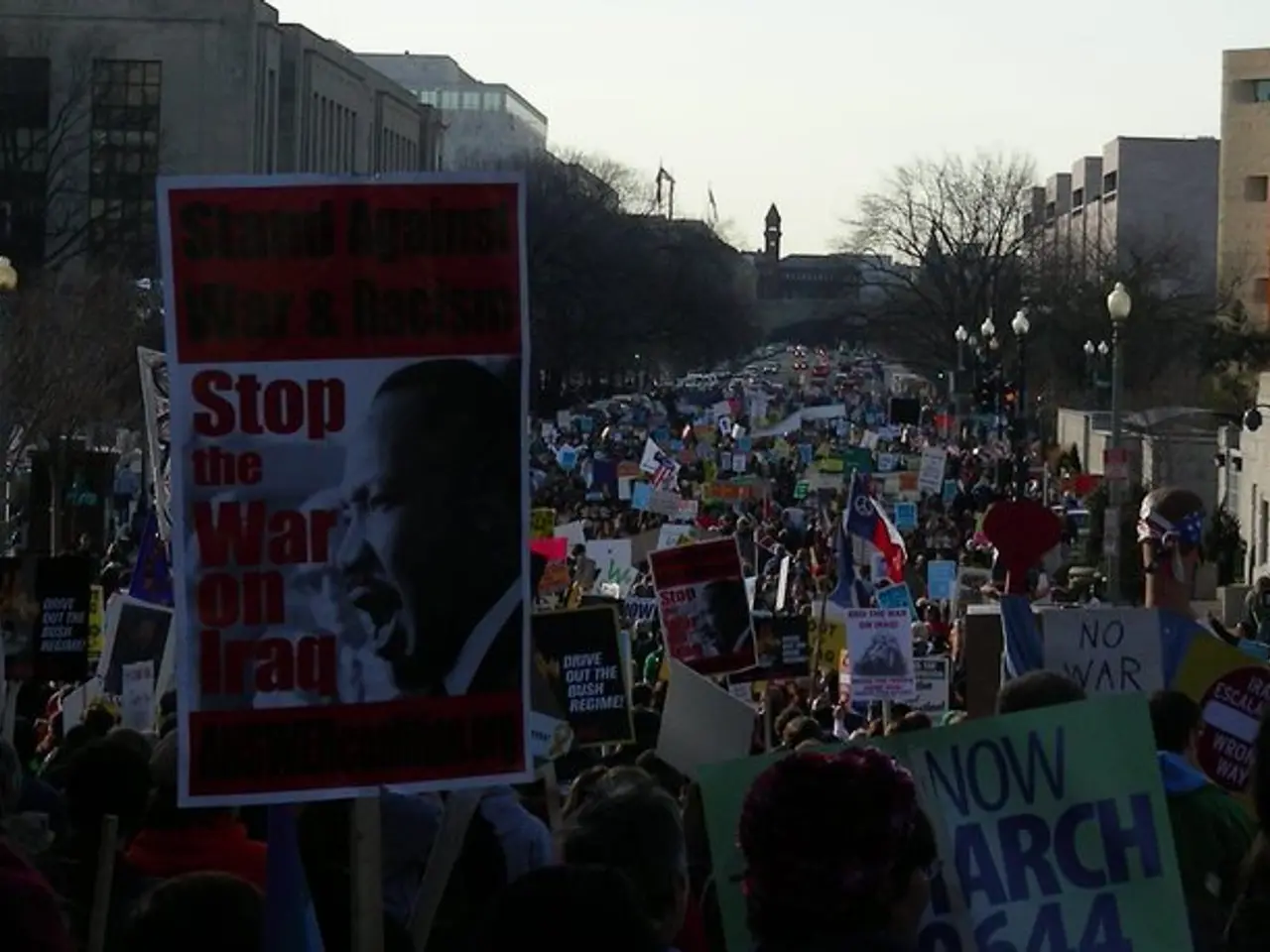Exploring Motives Behind Israel's Plan to Takeover Gaza City
In a significant escalation of the ongoing Israeli-Palestinian conflict, the Israeli government has announced plans to seize control of Gaza City and install a new administration. The move, aimed at degrading Hamas’s military and governing capabilities, is expected to have far-reaching implications for the people of Gaza and the region.
The announcement marks a shift in Israel's long-standing policy towards Gaza, with Prime Minister Benjamin Netanyahu stating that Israel does not intend to occupy Gaza long-term but aims to free Gaza from Hamas control, eventually handing over governance to local Arab forces capable of stabilizing the area.
The motivations behind this decision are threefold:
- Military and political defeat of Hamas: By taking operational control of Gaza City, Israel aims to destroy Hamas’s capacity to govern and carry out military operations.
- Disrupt Hamas’s control over resources: This includes stopping Hamas’s alleged exploitation of humanitarian aid and local businesses for funding.
- Establishing a new governing authority: Netanyahu and Israeli officials envision creating a demilitarized Gaza led by an alternative Arab civil authority, potentially supported by Arab states, to replace Hamas and maintain order.
However, this plan has faced significant criticism and skepticism. Some military voices warn this strategy could lead to high Israeli and civilian casualties and play into Hamas's hands by escalating violence, similar to urban conflicts like Fallujah and Mosul. The UN High Commissioner for Human Rights and several countries have condemned the plan, emphasizing it violates international law, risks massive displacement and suffering, and calling for a halt to the military takeover and for humanitarian aid to flow uninterrupted.
The long-term impact of this proposed takeover on the people of Gaza and the region is uncertain. Experts, including Yossi Mekelberg, a senior consulting fellow at the MENA Programme of Chatham House, Dr. Khamis Elessi, a neurorehabilitation and pain medicine consultant, and Phyllis Bennis, a fellow at the Institute for Policy Studies and author of Understanding Palestine and Israel, may provide insights into the potential long-term impact of the proposed takeover on the people of Gaza and the region. They may also address the potential role of the international community in alleviating the man-made hunger crisis in Gaza and discuss possible alternatives to the Israeli government’s proposed takeover of Gaza City.
As the situation unfolds, it is crucial to remember that more than two million people live in Gaza, who have experienced bombing, starvation, repeated displacement, and temporary sheltering. The Israeli military currently controls about 80% of Gaza, and the Israeli government's plans do not specify whether they will take control of the remaining 20%. The experts might offer perspectives on whether the Israeli government’s plans could help appease right-wing members of the cabinet.
This news article is intended to provide a clear and straightforward account of the Israeli government's announcement and the potential implications, reactions, and uncertainties surrounding this significant development in the Israeli-Palestinian conflict.
- The Israeli government's plan to seize control of Gaza City and install a new administration, as part of the war against Hamas, could potentially instigate a political shift, aiming to establish a demilitarized Gaza led by an alternative Arab civil authority.
- The international community, including the United Nations and various countries, have criticized and condemned the Israeli government's plan to take control of Gaza City, emphasizing concerns of human rights violations, massive displacement, and suffering, and are calling for uninterrupted humanitarian aid and a halt to the military takeover.








